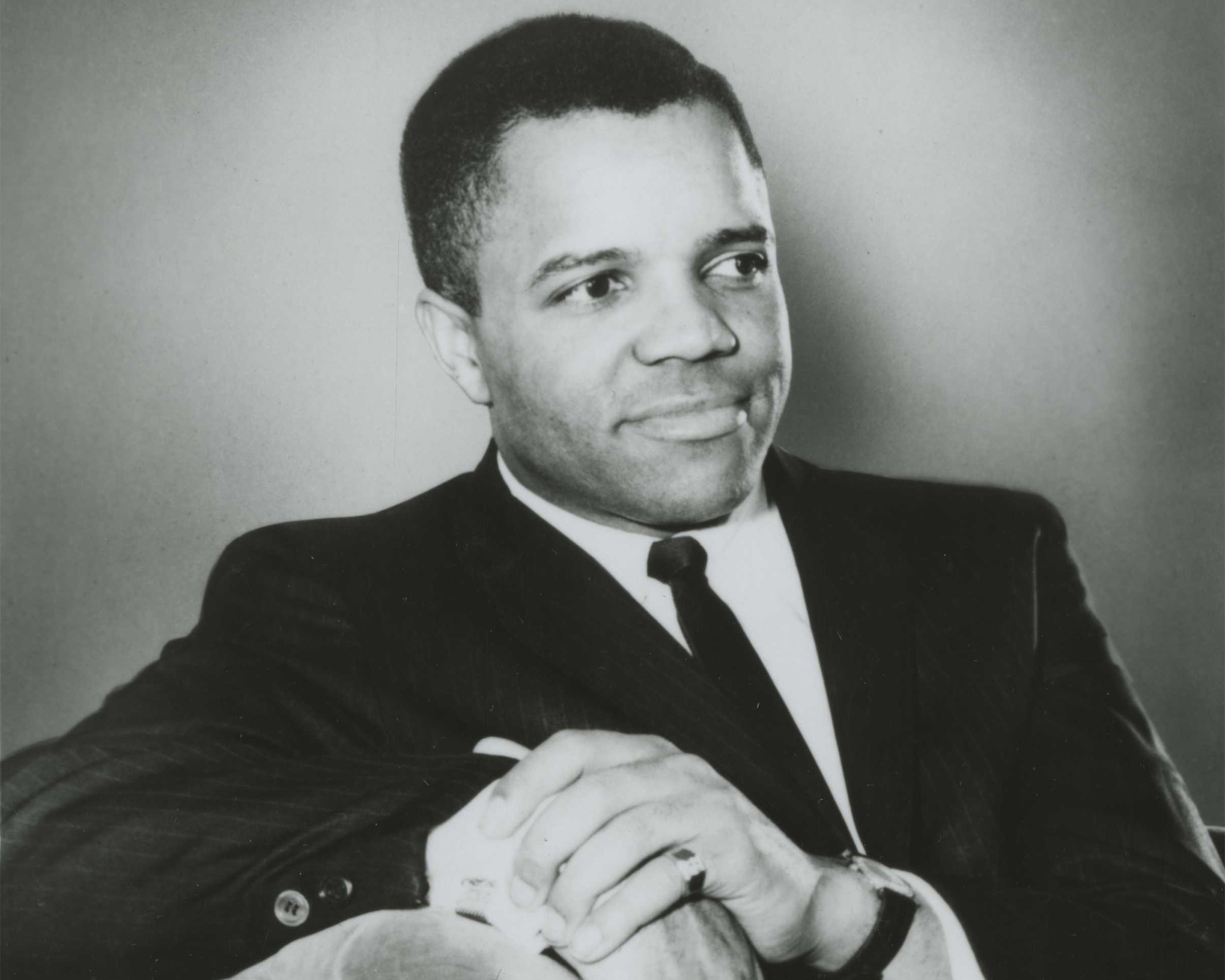Barry Gordy, a name synonymous with musical innovation, has shaped the landscape of popular music through his visionary approach and entrepreneurial spirit. As the founder of Motown Records, he not only crafted a record label that produced some of the most iconic artists of the 20th century but also changed the way music was marketed and distributed. His influence has extended well beyond the realm of music, establishing a cultural legacy that resonates to this day.
From the soulful sounds of Marvin Gaye and The Supremes to the energetic beats of The Jackson 5, Gordy’s keen ear for talent and his relentless pursuit of excellence paved the way for African American artists in the music industry. Born in Detroit, Michigan, in 1929, Gordy faced numerous challenges but remained undeterred in his mission to create a platform where diverse musical talents could thrive. His journey is a testament to determination, creativity, and a deep understanding of the music business.
In this article, we will delve into the life and career of Barry Gordy, uncovering the milestones that defined his legacy. We will explore his biography, the founding of Motown, his personal insights, and the impact he had on music and culture. Join us as we celebrate the extraordinary contributions of this legendary figure in the world of entertainment.
Who is Barry Gordy?
Barry Gordy Jr. is a prominent figure in the American music industry, best known for founding Motown Records in 1959. His vision transformed the music landscape, bringing African American artists to the forefront of mainstream music. Gordy's innovative approach to artist development, marketing, and production strategies set a new standard in the industry.
What are the key milestones in Barry Gordy’s life?
| Year | Milestone |
|---|---|
| 1929 | Born in Detroit, Michigan |
| 1959 | Founded Motown Records |
| 1960s | Launched successful careers for numerous artists |
| 1988 | Inducted into the Rock and Roll Hall of Fame |
| 2016 | Received a Grammy Lifetime Achievement Award |
What was the inspiration behind Motown Records?
Barry Gordy’s inspiration for Motown Records stemmed from his desire to create a platform for African American artists, who often faced discrimination in the music industry. He wanted to produce music that not only appealed to black audiences but also crossed over to white listeners, thus bridging cultural divides. His vision was to create a sound that was universally appealing, which he accomplished through a unique blend of genres, including soul, pop, and R&B.
How did Barry Gordy impact the music industry?
Gordy’s influence on the music industry is immeasurable. He revolutionized the way music was produced and marketed, treating artists as brands and investing in their development. Some of his most notable contributions include:
- Creating a distinctive sound that combined various musical elements.
- Developing a star-making machinery that included a team of talented songwriters, producers, and choreographers.
- Establishing a business model that allowed artists to retain a significant share of their earnings.
- Promoting social change through music, addressing themes of love, struggle, and hope.
What were some of the biggest hits produced by Motown?
Under Gordy’s leadership, Motown produced numerous chart-topping hits that became timeless classics. Some of the most famous songs include:
- “Ain’t No Mountain High Enough” by Marvin Gaye and Tammi Terrell
- “Stop! In the Name of Love” by The Supremes
- “I Want You Back” by The Jackson 5
- “My Girl” by The Temptations
- “What’s Going On” by Marvin Gaye
How did Barry Gordy navigate challenges in his career?
Throughout his career, Gordy faced various challenges, including competition from other record labels and the evolving music industry landscape. He adapted by continually reinventing Motown’s sound and exploring new artistic directions. His resilience and commitment to his artists ensured that Motown remained a dominant force in the music scene for decades.
What is Barry Gordy’s legacy today?
Barry Gordy’s legacy is evident in the continued relevance of Motown’s music and the ongoing success of its artists. His impact can be seen in contemporary music, where the principles he established—artist development, cross-genre appeal, and cultural significance—remain vital. Gordy’s work has inspired new generations of musicians and entrepreneurs in the industry, making him a pivotal figure in music history.
How has Barry Gordy influenced modern artists?
Many modern artists credit Barry Gordy as a source of inspiration for their careers. His blueprint for success, which emphasizes storytelling, artistry, and authenticity, resonates deeply with today’s musicians. Gordy’s ability to connect with audiences through relatable themes continues to influence songwriters and performers across genres.
What can we learn from Barry Gordy’s journey?
Barry Gordy’s journey teaches us the importance of perseverance, innovation, and the power of music to effect change. His story highlights the significance of believing in one’s vision and the potential to create a lasting impact on culture and society. As we reflect on Gordy’s contributions, we are reminded that music is not just an art form; it is a vehicle for connection, understanding, and progress.
In conclusion, Barry Gordy’s legacy as the architect of Motown has left an indelible mark on the music industry and popular culture. His innovative spirit and commitment to excellence continue to inspire artists and entrepreneurs alike, proving that with vision and determination, one can change the world through music.




